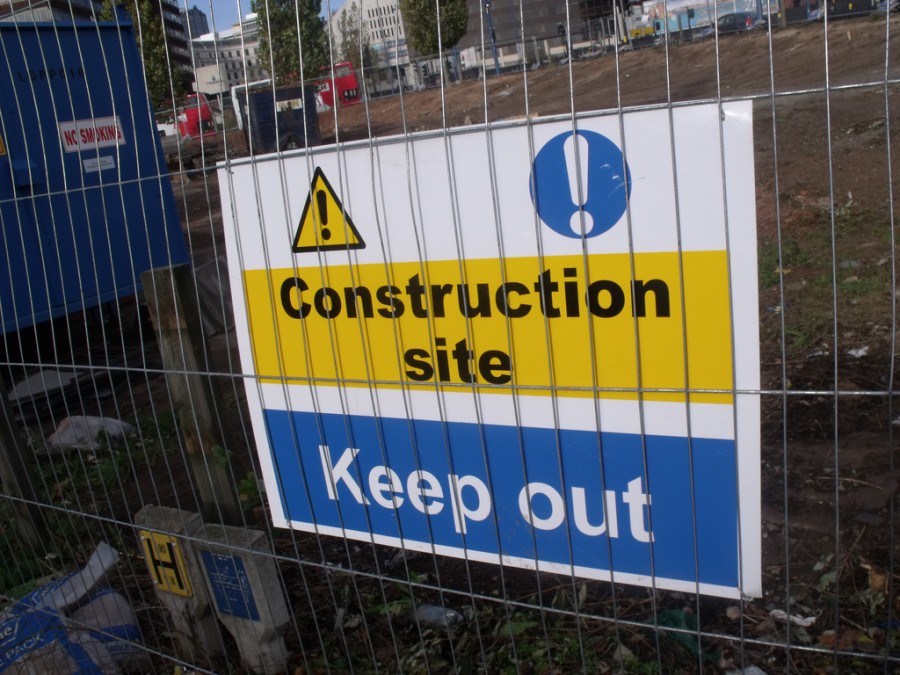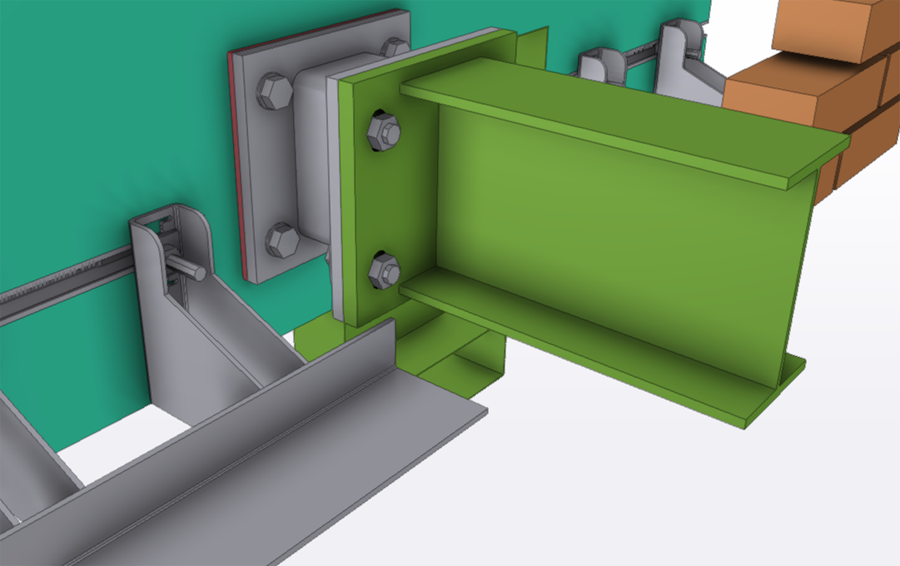The seasonally
adjusted IHS Markit/CIPS UK Construction Purchasing Managers’ Index (PMI)
posted 50.2 in January, down from 52.2 in December.
The PMI was only
just above the neutral 50.0 no-change mark, thereby signalling a fractional
rate of growth that was the weakest for four months.
The latest data
signalled that the sector’s main driver of growth in recent months,
house-building, slipped into decline, ending a 16-month expansion.
Commercial building
returned to growth, reversing a six-month period of decline, though the pace of
expansion was only marginal. Civil engineering activity also rose,
according to this survey, representing an improvement on the declines seen late
last year, although here too the increase was only very modest.
The rate of job
creation eased to an 18-month low, in line with the reduced growth of building
activity.

New orders received
by UK construction companies decreased slightly for the first time in four
months during the latest survey period. Many respondents linked falling new
business to worries fuelled by general political and economic uncertainty.
Despite softening
marginally since December, cost pressures remained intense in January.
Inflation in input costs was driven by a variety of materials such as bricks,
copper and timber.
Subcontractor usage
increased during January, ending a 10-month sequence of decline. Furthermore,
the latest expansion was the strongest seen since November 2016. In response,
subcontractor availability fell sharply.
Despite the subdued
total industry activity growth and falling new orders, optimism among UK
construction
companies actually improved in January. Many firms anticipate a pick-up in new
business wins later in the year.
Sam Teague,
economist at IHS Markit and author of the IHS Markit/CIPS Construction PMI,
said: “January’s PMI data indicated a difficult start to 2018 for the UK’s
construction sector, underlined by business activity growth slumping to a
four-month low and new orders sliding back into decline.
“A contraction in
house-building added to lacklustre commercial building and civil engineering
markets, and reduced inflows of new work suggest overall activity could slip
into decline in February. Furthermore, cost pressures remained intense, fuelled
by shortages of input materials and high costs for imported products.
“Survey respondents
reported increased hesitance among clients to invest in new projects amid
heightened concerns over the UK economic outlook. Encouragingly, however, firms
generally expect things to improve later in the year. Constructors’ optimism
towards future growth prospects reached a seven-month high.
"Many
forecasted that the soft patch in construction demand would be short-lived and
new project wins would pick up throughout the year, though this will inevitably
depend on how Brexit negotiations play out. Despite the upturn, optimism
remains worryingly low by historical standards.”




















